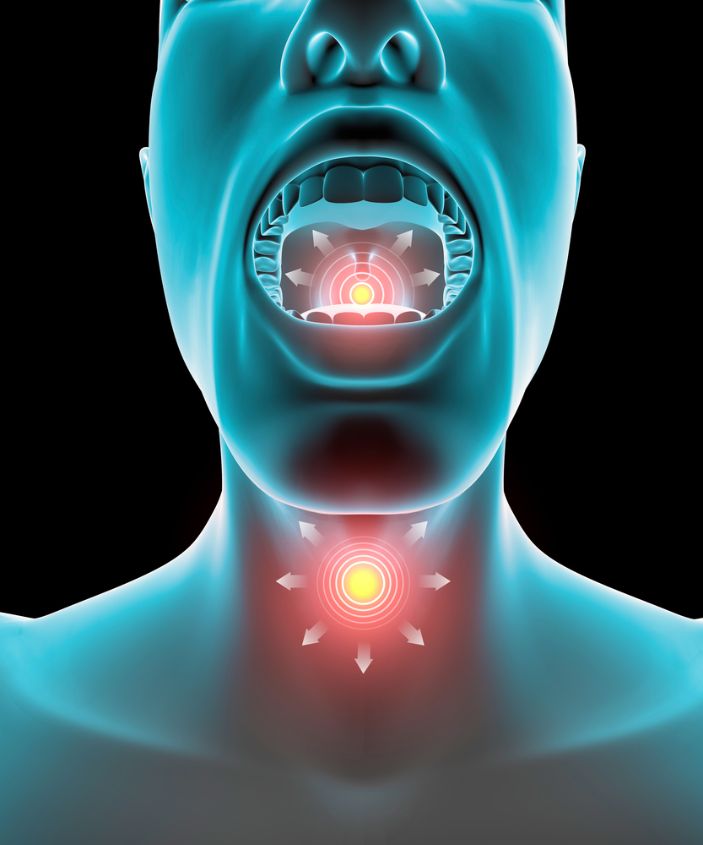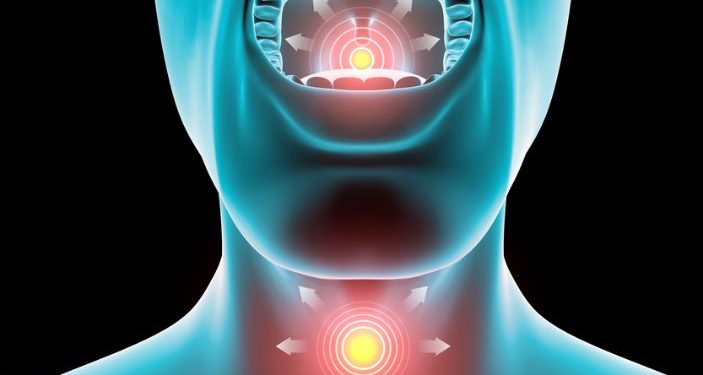Mono is a virus, and it’s more common in teenagers and young adults. The Epstein-Barr virus (EBV) is responsible for the majority of mono cases in these age groups.
The most common symptoms of mono include a fever, fatigue, sore throat, enlarged glands, and lymphadenopathy. Other symptoms may include a headache, muscle aches, rash, mouth sores, and difficulty swallowing.
Most people get better within two to four weeks, but fatigue can last for months. It’s important to rest as much as possible, and drink plenty of fluids. You should also keep your doctor informed if any of these symptoms persist or worsen.
How to Avoid Mononucleosis
One of the best ways to avoid getting mono is to stay away from people who have it. This means not kissing anyone or sharing utensils or personal items such as toothbrushes or drinks.
Another good way to reduce your chances of getting it is to wash your hands frequently and use soap and water for your dishes and eating tools. You should also avoid sharing drinks or sneezes with someone who has mono, and try to keep your personal items as private as possible.
In most cases, the symptoms of mono go away on their own in a matter of weeks. It can take a little longer for some people to feel completely well, but most people recover from mono without long-term complications.
The best thing you can do to help your body fight off mono is to get plenty of rest and drink a lot of water. This can make you feel better faster, so you should aim to sleep at least 8 hours a day.

Treatment for mono typically includes medicines for the fever, sore throat, and other symptoms. Your doctor may also give you a special test called a heterophile antibody test to check for antibodies to EBV, which is a type of white blood cell that attacks a virus.
Taking steroids, such as prednisone, can speed recovery by reducing your immune system’s response to the infection. But your doctor will only prescribe these drugs if other medications aren’t working, or if you have other problems that may be interfering with your recovery.
Your doctor may also prescribe acetaminophen or ibuprofen for the fever and sore throat. These medications can ease pain and inflammation, but they don’t suppress the immune system like steroids do.
You should also stay off contact sports and exercise until you’re fully recovered to prevent rupturing your spleen, which can cause severe bleeding inside the abdomen.
Rupture of the spleen can be life-threatening and requires emergency surgery to repair it. It’s why teens with mono should avoid contact sports and exercise for at least a month after the signs and symptoms are gone, says Dr. Octavio Ramilo, chief of infectious disease at Nationwide Children’s Hospital in Columbus, Ohio.
It’s important to get plenty of rest and take care of your body when you have mono, as it will help you recover quickly and won’t interfere with your ability to return to school or work. However, you should also remember that relapsing or re-infecting yourself is not uncommon, so if you start feeling better again, don’t rush back to activities or sports until your doctor has recommended it.









